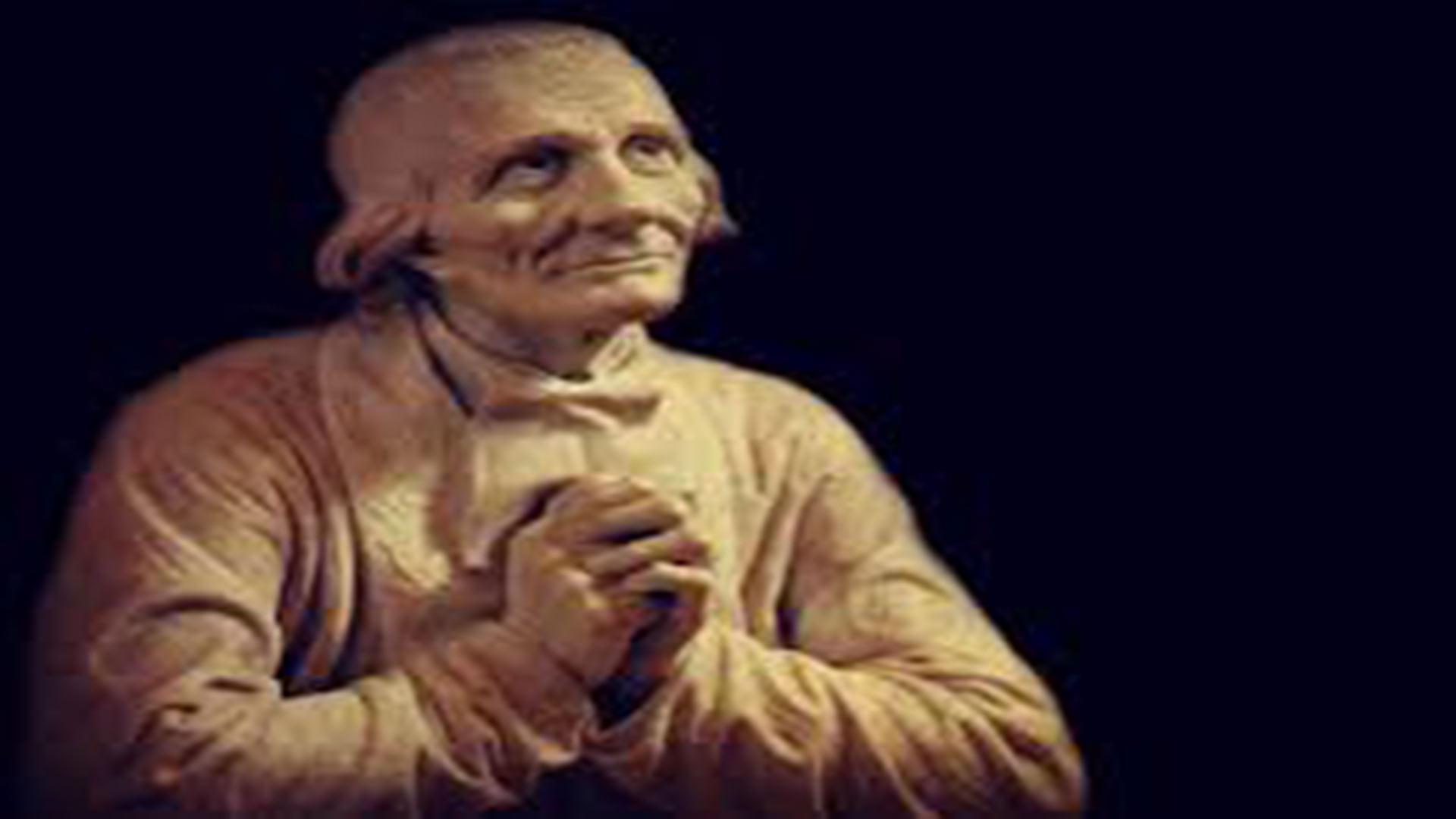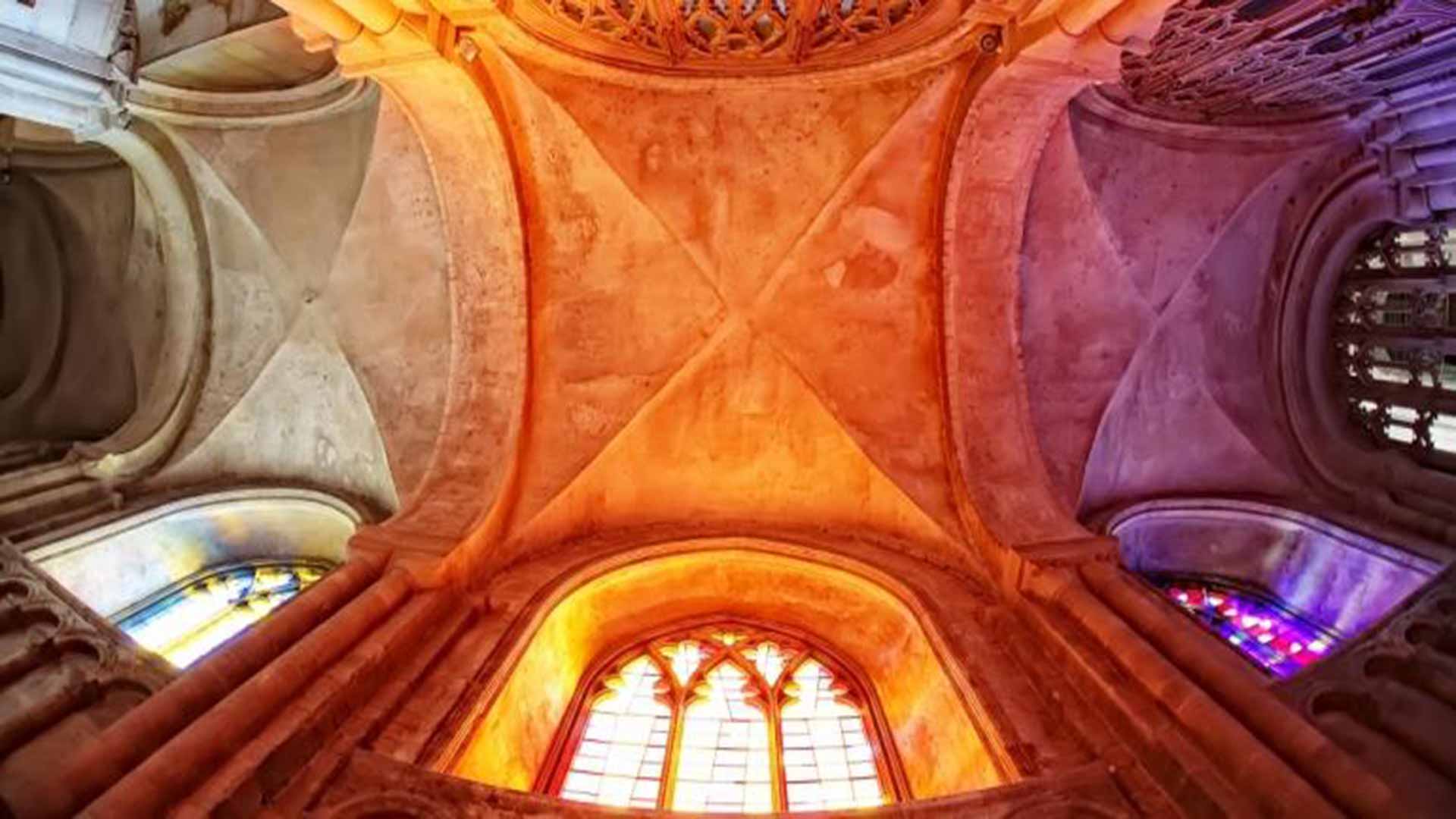The Curé of Ars: a Fool for Christ
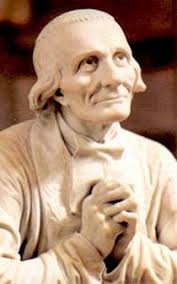 Some thirty years ago, I was touched by The Little Catechism of the Curé of Ars. The book contained select passages from the sermons and writings of one who had scraped through the seminary but ended up teaching even exalted churchmen. The book comprised his sage counsel on thirty-six important topics – Catholic wisdom stated in a simple, sublime, penetrating way.
Some thirty years ago, I was touched by The Little Catechism of the Curé of Ars. The book contained select passages from the sermons and writings of one who had scraped through the seminary but ended up teaching even exalted churchmen. The book comprised his sage counsel on thirty-six important topics – Catholic wisdom stated in a simple, sublime, penetrating way.
Amazing Life
I was simply curious to know about the life of this spinner of divine tales. He was none other than St Jean-Baptiste-Marie Vianney (1786-1859), a modest priest who transformed Ars, a non-descript parish in France, into a spiritual hub, thanks to his soothing confessions and zealous preaching.
Vianney was a born in a revolutionary age but spurned the revolution. In the face of the anticlerical sentiment of the Reign of Terror in France, he got to make his first communion and confession only at 11 years of age. Meanwhile, the heroism of the priests and nuns who had risked their lives for their faith impressed him. He felt a strong call that to pursue the priesthood but struggled with his theological studies. In 1815, he was finally ordained “though compassion”.
In 1818 he was appointed to Ars. The simple priesthood he exercised there, guided by prayer, fasting and penance, changed the village and infected the world with reports of his holiness. He was devoted to the Blessed Virgin Mary and to St Philomena. Most dedicated to the sacraments of the Holy Eucharist and Penance, he spent hours and hours before the Blessed Sacrament and in the confessional.
Always in awe of the priesthood, he said, “If I were to meet a priest and an angel, I would first greet the priest and then the angel… If there were no priest, the passion and death of Jesus would serve no purpose. What use is a treasure chest full of gold if there is no one who can unlock it? The priest has the key to the treasures of Heaven.”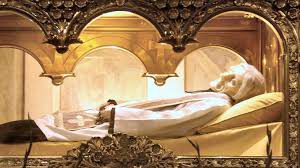
By 1827 Ars had become a pilgrimage site, and, from 1845 until Vianney’s death in 1859, thousands from all stations of life visited that model parish to hear his preaching, make their confession, and be counselled by him. Pope Pius XI canonised him in 1925 and later declared him Patron of the Parish Priests. His body lies incorrupt and preserved in a glass coffin in the basilica of Ars.
Secret Hour
Somehow, I can’t help thinking of Chesterton’s “Donkey”. Prizing his unique encounter with Christ in Jerusalem, this beast of burden quietly thought of all those who despised him as mere “Fools! For I also had my hour, One far fierce hour and sweet…”
Likewise, Vianney had only his priesthood to offer and wouldn’t trade it for the world. He lived it intensely to the point that he became an alter Christus. The spirit of God was engraved in his heart. His faith was his knowledge, which he sought not in libraries or amidst the learned, but solely by falling on his knees in prayer.
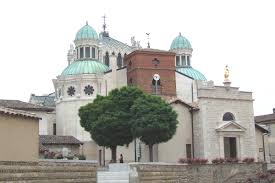
Thereafter there was no stopping him. His prayer flowed through his preaching. They say it was difficult to listen to him and be unmoved, because he preached with his whole being – to packed pews yet to each heart, and as though scanning every secret history. He spoke colloquial French, sometimes grammatically incorrect, yet the congregation got a foretaste of heaven. Mingling with his discourses some happy reminiscences of his shepherd life, he borrowed his similes and metaphors from nature, from the beauties of the country and the emotions of rural life. No wonder, men and women living in a troubled world experienced the peace of God’s word.
But that was not all. A spiritual cure would never be complete without a heartfelt confession, for the Lord never spurns a humble, contrite heart. Here was a Curé, a contemplative who softened the austerity of his ideas through poetic images. His life was restricted to the little world of Ars but his reflections on topical issues touched those who came from far and wide seeking his help. The pastor’s thoughts were deep and sometimes startling enough to stop the penitent in his tracks. For instance, he called the cemetery the home of all; purgatory, the infirmary of the good God; and earth, a warehouse. And he said, very categorically, that a soul after confession requires tears to purify it.
What a fool!
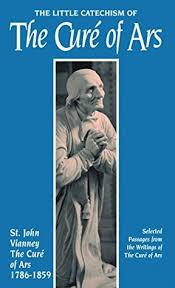
I confess with nostalgia that it is in the Little Catechism of the Curé of Ars that I first encountered the term “infused science”. This refers to knowledge divinely conferred on human beings without previous experience or reflection. Or, according to Père Gratry, who is quoted in the preface: “There is no doubt that, through purity of heart, innocence, either preserved or recovered by virtue, faith, and religion, there are in man capabilities and resources of mind, of body, and of heart which most people would not suspect. To this order of resources belongs what theology calls infused science, the intellectual virtues which the Divine Word inspires into our minds when He dwells in us by faith and love.”
When I first read Vianney, it struck me that wise fools are they who are anointed by the Lord with an infused science that makes all things possible. In the words of St Paul, “We are fools for Christ's sake, but you are wise in Christ.” (1 Cor 4: 10)
Lent, an irresistible balm for the soul
Haven’t we felt listless, not to say ill at ease, about Lent, sometime in our life? As a child, I tagged along with my parents to liturgical services that made little sense. Not surprisingly, on reaching the age of reason, I had to be cajoled into attending them. Then, suddenly, I got a break. I found motets, songs for the season, composed by Goa’s unnamed musicians of old, to be an absolute feast for the ears, alongside similar compositions by Bach, Palestrina and Mozart. I also discovered, quite ironically, that the Via Dolorosa in the balmy evening breeze and to the chirping of birds in the woods of Altinho was not so dolorous after all!
Much as I delighted in those two little secrets, at one point I felt an interior dryness, a sense of futility, as though I were trudging a wasteland. The saving grace came from my grandmother’s exemplary life, which was far better than precept. Likewise, my parents’ quiet commitment to the Faith, amidst their daily toil and moil, provided important insights into the valley of tears we live in. And Scripture wrapped it up so beautifully: “Look at the birds of the air: they neither sow nor reap nor gather into barns, and yet your heavenly Father feeds them. Are you not of more value than they?” (Mt. 6: 26)
Clearly, the rituals that I had cheekily dismissed yesterday changed into victuals for the spirit today. And as another season of Lent comes round, I know just how it will turn out, how they will sustain me…. Beginning Ash Wednesday, I will go to church more often than usual, for Mass and Stations of the Cross. On a hopefully bright and festive Palm Sunday morning, I will feel cheery. Yet, by evening, my mood will change hugely – as it always did when I witnessed the spectacle of the full-size statue of the Suffering Lord emerge from the immaculately white church of the zigzag stairway, to join the faithful clad in dark shades, in a penitential procession through the streets of the capital.
What a poignant start to the Holy Week! It’s the last lap of an all-embracing spiritual journey. You’ll probably catch me shaking off distractions on holy Monday, Tuesday and Wednesday. Through the rest of the week, I will be all eyes and ears to the Mystery of mysteries replayed in the Paschal Triduum, from the moment of that bittersweet Last Supper on Maundy Thursday through excruciating Good Friday and triumphant Easter Sunday. Soon, the week’s darkness will give way to light and its drabness will translate into loud proclamations. The faithful will be beside themselves, singing in an unending refrain: “No one can give to me that peace that my Risen Lord, my Risen King can give.”
It pays to be fools for Christ; Chesterton’s “Donkey” is proof that there will be no regrets. The thought of self-privation, which had bugged me when young, doesn’t assail me. I find it easier now to give up a favourite food or a much-loved pastime. Penance and sacrifice, besides fostering self-discipline and tempering our desires, are game-changers. They help to boost one’s spiritual life and improve our physical health. We are led to find ways and means to step up our knowledge of our faith; perform acts of kindness and mercy, wherever we may be; pray for others, and clean ourselves inside out by means of a holy confession. Before long, we learn to slow down, while the rest of the world is in a rat race, enjoying in a fool’s paradise.
It is reassuring to think of Lent as pilgrimage toward the profound mystery of the passion, death and resurrection of Jesus Christ. Benedict XVI says it is also “a privileged time of interior pilgrimage toward Him who is the fount of mercy. It is a pilgrimage in which He himself accompanies us through the desert of our poverty, sustaining us on our way toward the intense joy of Easter.” How, then, can we be listless or ill at ease at Lent when an irresistible balm for our soul is at hand?
(First published in The Times of India, Panjim, 1 March 2017)
